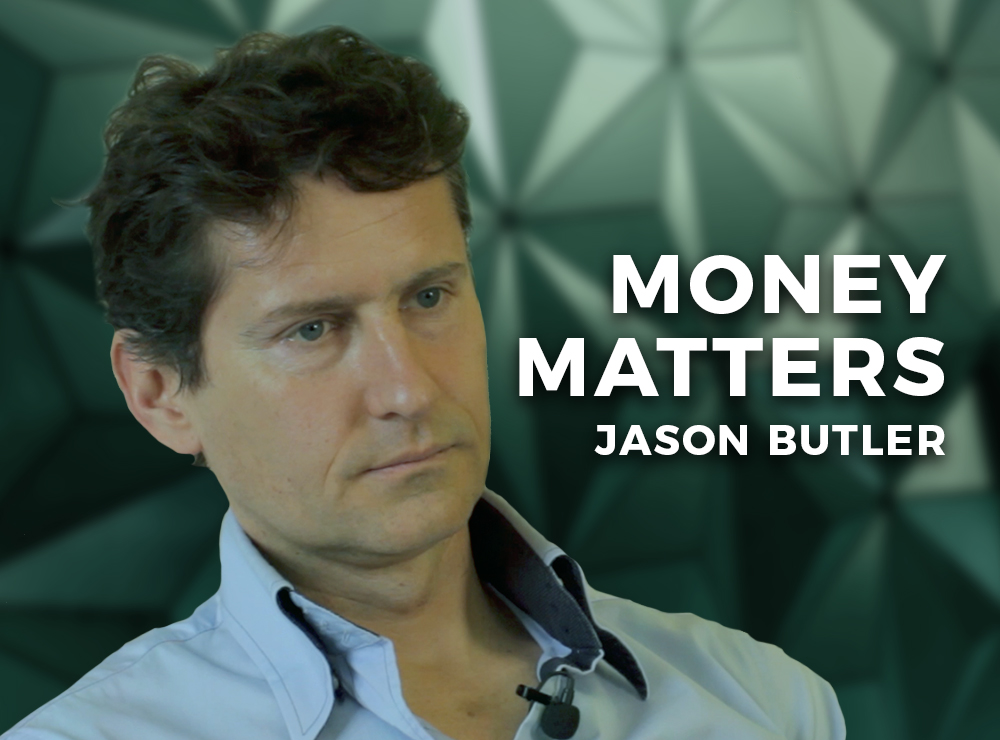
By JASON BUTLER
In late 2015 I bought an empty house in a rural part of Suffolk, which needed totally refurbishing. I was undecided whether to resell it after finishing the works or to rent it out. The work took me longer and cost me much more than I had anticipated. It also sucked a lot of my time managing the project.
A local estate agent valued the property in spring 2016 and this suggested that selling made a lot more sense than letting it out. In addition, I was keen to release my capital, so I could pursue other investment opportunities.
Despite a good number of viewings, it quickly became clear that the agent had massively overvalued the property and that I would have to lower the price significantly, if I wanted to sell it. I finally completed a sale in September 2016.
I ended up making about £10,000 after deducting all costs. While that might sound like a reasonable return, after considering the cost of my time, the mental stress involved and the amount of my capital outlaid, it was a poor investment.
I carried out a post-mortem on the deal and these were my conclusions:
I had paid too much for the property, given how much work was required and the likely selling price.
I had done insufficient research to establish the likely ceiling price in the area, and wrongly assumed it would be similar to where I lived.
I had underestimated the cost of the building work, because we had to take the house back to its shell.
I underestimated the time it would take me to project manage the work and the loss of income this would cause me from other paid work that I was unable to do.
As a result of learning from my mistakes on the project I took the following action:
I would avoid future major refurbishment projects unless the price was so low that it would enable me to employ a project manager and they had obtained detailed cost estimates for the work.
I created a spreadsheet model to enable me to objectively calculate the investment return on any future property investment, based on prudent assumptions.
I would decide at outset whether a property was for flipping (selling on) or letting.
I would be more patient and prepared to walk away from a deal if the seller wouldn’t sell at a price that met my criteria.
I would more carefully evaluate future property investments against competing non-property investment opportunities like angel investing and my standard investment portfolio.
We all make mistakes in life. It’s part and parcel of being human. But not all mistakes are equal. Some have bigger implications for your wellbeing and happiness than others, particularly when they relate to money.
Warren Buffett’s business partner, Charlie Munger, makes the point that admitting failure is a “wonderful trick to learn”, and that “I know I’ll perform better if I rub my noise in my mistakes.” So, providing that you face up to and learn from your money mistakes, they’ll help you to improve and maintain your financial wellbeing.
But Munger advises to focus on minimising big mistakes, over trying to be smart, “Knowing what you don’t know is more useful than being brilliant. It is remarkable how much long-term advantage people like us have gotten by trying to be consistently not stupid, instead of trying to be very intelligent.”
But even better than learning from your own mistakes is learning from other people’s mistakes. The best way to do that is to read extensively. As Charlie Munger says, “In my whole life, I have known no wise people who didn’t read all the time – none, zero.”
I learned a lot from the mistakes I made on that property project, which I drew upon to help improve my future financial decisions. But to do that I had to be honest with myself, have humility and be open minded.
Learn from your own mistakes. Better still learn from others’ mistakes. And even better, try to avoid making too many in the first place!
JASON BUTLER is a former financial adviser, based in Suffolk. He is a personal finance columnist for the Financial Times, and is Head of Financial Education at Salary Finance. You can find out more about him on his website.
Jason has written a number of articles for TEBI. Here are a few you may have missed:
Five steps to achieving financial freedom
If you don’t ask, you don’t get
Match your spending with your values
An emergency fund is a necessity, not a luxury








